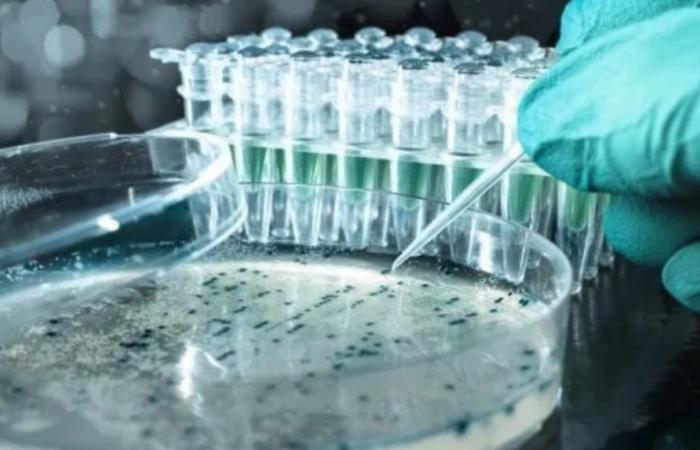Researchers at Tel Aviv University have just made a significant breakthrough that could revolutionize our approach to treating resistant bacterial infections. This discovery, published in the prestigious journal Nature, is the result of the work of a team led by Professor David Burstein from the School of Biomedicine and Cancer Research.
The study, led by doctoral student Bruria Samuel, in collaboration with Dr. Karin Mittelman, Shirly Croitoru and Maya Ben-Haim, sheds new light on a phenomenon that has long remained mysterious. While complex organisms use sexual reproduction to ensure their genetic diversity, bacteria have evolved sophisticated alternative mechanisms. Genetic conjugation, one such mechanism, allows direct transfer of DNA between bacteria through tiny connecting tubes. This process involves plasmids, small circular DNA molecules which, unlike viruses, do not destroy their host during transfer.
The research team carried out an extensive computational analysis of 33,000 plasmids, which allowed them to identify genes involved in “anti-defense” systems. The crucial discovery lies in the strategic organization of these genes. As Bruria Samuel explains, they are concentrated near the point of entry into the new cell, allowing them to be activated immediately to neutralize the defenses of the recipient bacteria. This organization had never been observed before.
To validate their discovery, the researchers conducted laboratory experiments using plasmids conferring antibiotic resistance. By introducing them into bacteria equipped with the CRISPR defense system, they demonstrated that only plasmids whose anti-defense genes were correctly positioned managed to survive and transmit antibiotic resistance.
-The implications of this discovery are considerable. According to Professor Burstein, it opens the way to the identification of new anti-defense genes and could significantly improve the efficiency of bacterial genetic manipulations in the laboratory. The potential applications are numerous, ranging from the control of antibiotic-resistant bacteria in hospitals to the modification of bacteria for environmental remediation, including the improvement of the human intestinal microbiota.
The Ramot company, responsible for technology transfer from Tel Aviv University, quickly grasped the potential of this innovation. Its CEO, Dr. Ronen Kreizman, highlights the importance of this biotechnological advancement for the development of new drugs, synthetic biology, and the agriculture and food sectors. The company is currently working on commercializing this technology to exploit its full potential.
This discovery not only represents a major scientific breakthrough, but also tangible hope in the fight against antibiotic resistance, one of the greatest challenges in modern medicine. It also demonstrates the excellence of Israeli research in the field of biotechnology and its significant contribution to global health.






